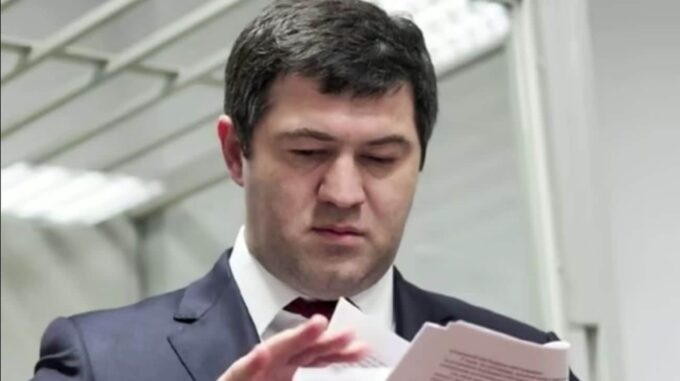The Higher Anti-Corruption Court of Ukraine made an unexpected and significant decision regarding the former head of the State Fiscal Service, Roman Nasirov

The court ordered his detention with the possibility of bail and notably increased the amount for the bail guarantee—from 27 to 40 million hryvnias. This decision was a continuation of the investigation into the case, which has sparked broad public resonance and interest from civil society and law enforcement agencies. The panel of judges — Ihor Strogiy, Lesia Fedorak, and Viktor Nogachivskyi — partially granted the prosecutor’s motion from the Specialized Anti-Corruption Prosecutor’s Office (SAPO) to impose a preventive measure in the form of detention. At the same time, the court chose an alternative for Nasirov — posting a bail of 40 million hryvnias. This decision was met with sharp debate in the courtroom, as the prosecutor insisted on detention due to mobilization actions allegedly undertaken by Nasirov. Details indicate that the Prosecutor’s motion was motivated by the claim that Nasirov had taken a “mobilization step” in an attempt to avoid criminal liability, with the prosecution noting that the period for bringing him to account in this case was less than a year. The judicial panel considered this issue over two sessions, listening to arguments and testimonies from both sides. During the hearing, Nasirov’s defense argued that his mobilization was a “voluntary act of duty towards the state,” not a reason to restrict his freedom. In total, witnesses testified during the court session, confirming that Nasirov himself initiated the search for a military unit to undergo service, transferred from a combat position to a civilian one — in order to obtain the appropriate conclusion from the Military Medical Commission. At the same time, it was noted that he did not inform the court of the need to appear at hearings during his military service, which became an additional factor in the case. What preceded this decision? On April 9, information appeared that Nasirov, while court proceedings were still ongoing, had mobilized into the Ukrainian Armed Forces. This came as a surprise to many, as his action was interpreted as a serious attempt to evade justice in the case related to the “gas scheme” involving former MP Oleksandr Onyishchenko. It was also known that Nasirov served in an engineer unit of the Ukrainian army and was performing responsible military duties. However, later Nasirov’s military service was canceled — the military unit revoked his call-up, and an internal investigation was initiated within the armed forces regarding the circumstances of his mobilization. The former head of the Fiscal Service explained his action by saying he went to the military “voluntarily,” having changed his values. Nonetheless, his stay in the military lasted only three days, as after receiving discharge he described the incident as a “strange precedent,” linked to ongoing pressure and the wishes of third parties. Thus, the decision of the High Anti-Corruption Court (VAKS) holds not only legal significance but also considerable symbolic importance, as the court demonstrated that even in the most complex situations, it respects the rule of law and principles of justice. The investigation into Nasirov’s case continues, and the public remains attentive to developments that are crucial for combating corruption and strengthening the rule of law in Ukraine.

